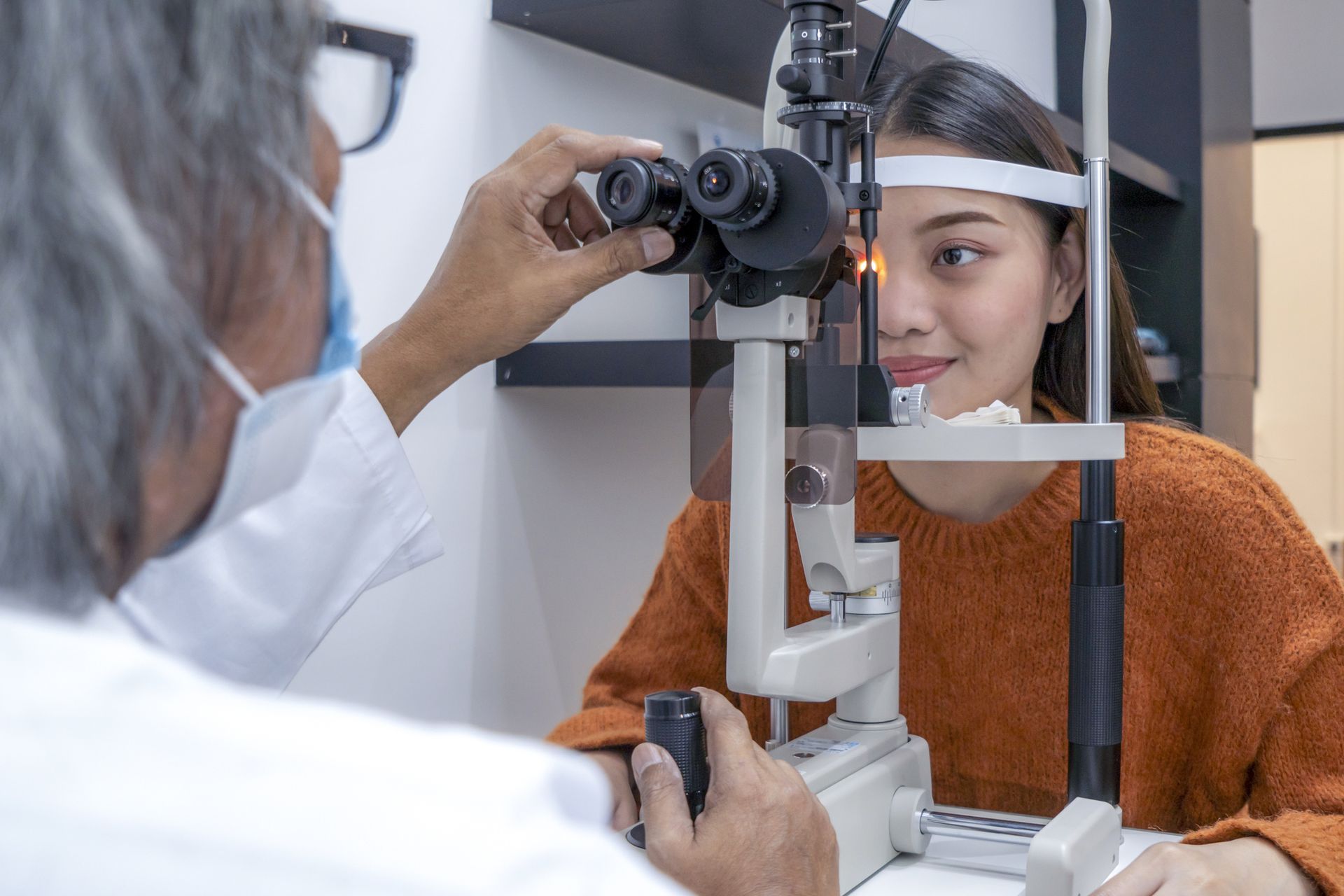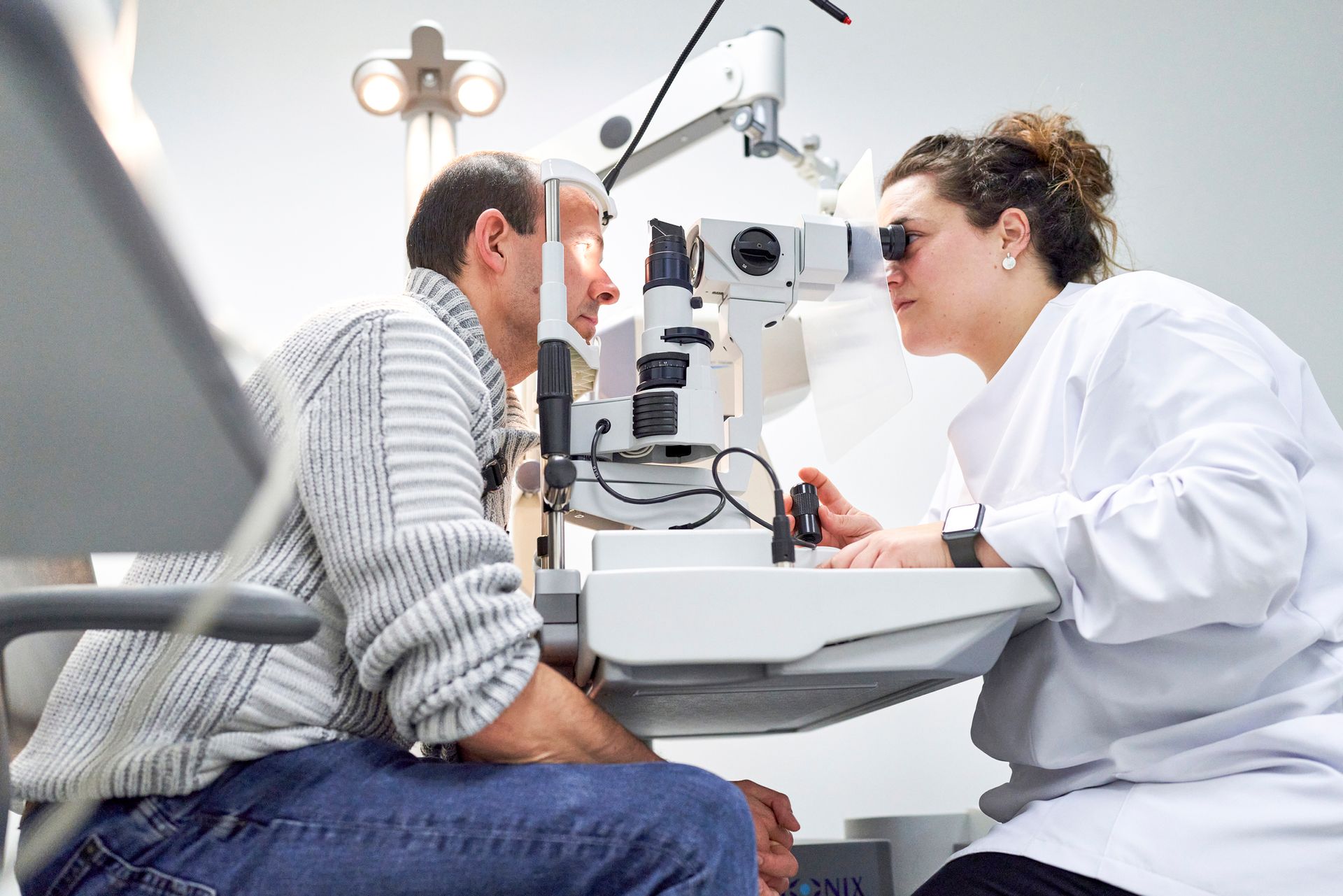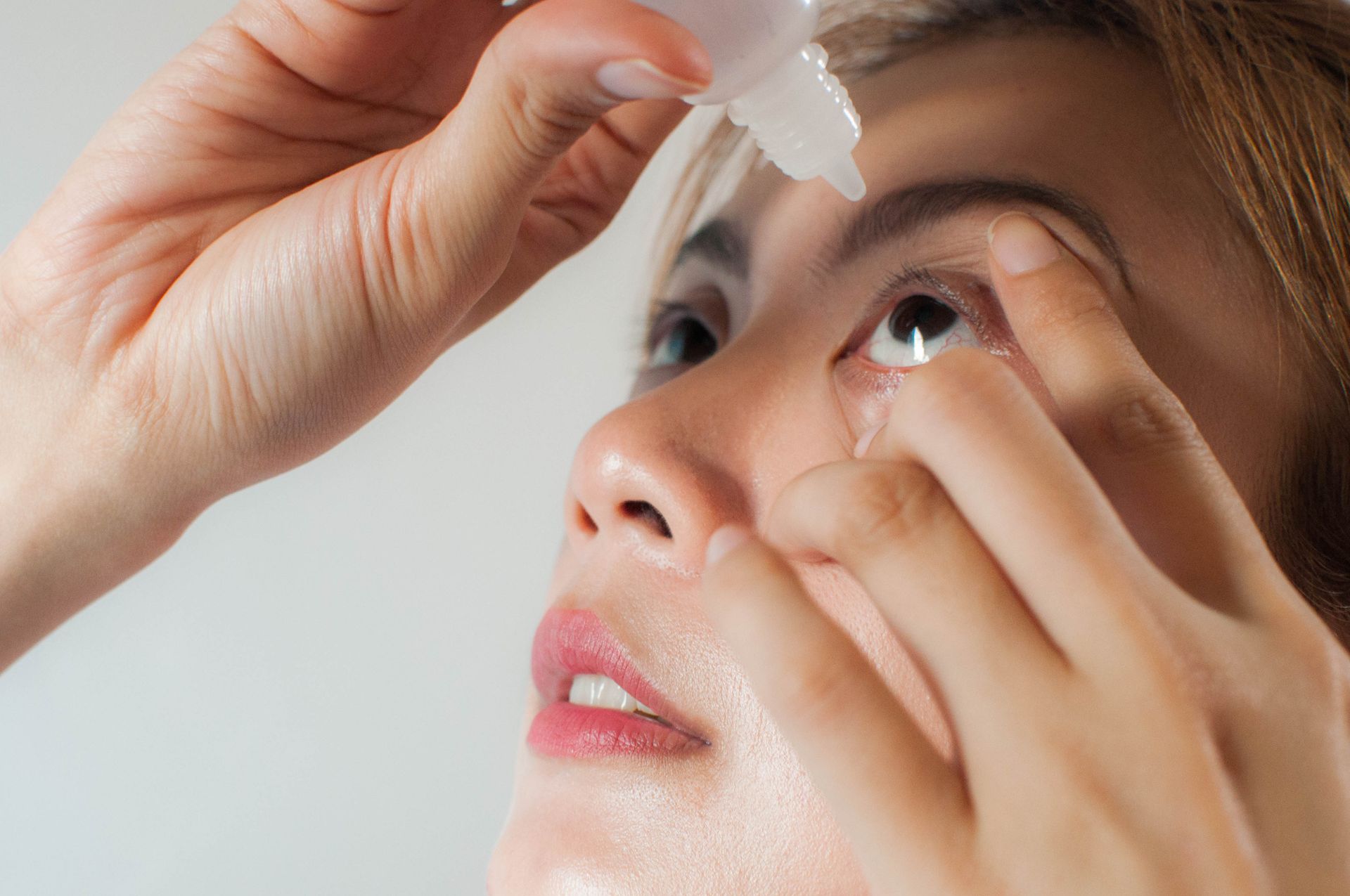4 Underlying Health Conditions That Can Affect Vision
Vision problems can take many forms and occur for many reasons, including genetic factors, chronic eyestrain, and age-related changes. In some cases, challenges to normal eyesight involve underlying health conditions that distort eyesight.
Even if you don't currently know of any health challenges that threaten your eyes, you'll want to understand what kinds of disorders can cause these changes so that you can recognize and treat them as quickly as possible. Take a look at four underlying health conditions that can affect your vision.
1. Diabetes
Diabetes, or the inability of the body to regulate its blood sugar levels, represents a major threat to many parts of the body, including the eyes. When your bloodstream carries too much sugar for too long, that sugar can damage the blood vessel walls. The small, delicate blood vessels of the eyes can prove especially vulnerable.
If you let your diabetes go uncontrolled, you could develop a condition known as diabetic retinopathy. In diabetic retinopathy, damaged blood vessels leak their contents into the retinal tissues. These tissues can swell up, cause blurred vision, or even make part of the retina detach from the eyeball, creating permanent vision loss.
Diabetes can also cause some people to develop cataracts prematurely. For example, individuals under the age of 65 who have diabetes are four times more likely to develop cataracts compared to the rest of the population.
2. Hypertension
Hypertension, or high blood pressure, can damage the eyes. This condition often occurs when plaques form inside the blood vessels, narrowing their usable diameter. Restricted blood flow in the eyes can cause a sight-stealing disorder known as hypertensive retinopathy.
Uncontrolled high blood pressure can also raise your risk for other serious vision problems. For instance, the elevated pressure can trigger fluid leakage in the tissue layer called the choroid, distorting your central vision. Both high and low blood pressure can also contribute to glaucoma, in which the optic nerves sustain damage.
3. Graves' Disease
Hormonal imbalances caused by systemic health conditions can harm your eyes. One example involves an autoimmune condition called Graves' disease. Graves’ disease often causes the thyroid gland to produce either too much or too little of the thyroid hormone. This imbalance can lead to thyroid eye disease.
If your Graves' disease has given you thyroid eye disease, you may struggle with symptoms, such as dry, red, irritated, watery, or bulging eyes. Double vision, eye pain, and corneal damage may also occur. These symptoms may respond well to eye medications, lifestyle changes, or surgery alongside systemic treatments.
4. Multiple Sclerosis
A condition called multiple sclerosis is a degenerative neurological condition that interferes with communications between the brain and other parts of the body. For example, this condition can also impair your eyesight in a few different ways.
Many people with multiple sclerosis experience diplopia, or double vision, since the disease affects eye muscle control and coordination. Muscular impairment can also cause nystagmus or involuntary eye movement. Another complication, optic neuritis, can reduce your vision and color perception in one or both eyes.
While medical science offers no cure for multiple sclerosis, a variety of treatment options can help you manage the symptoms, including any vision problems you may be experiencing.
Examples include vision therapy and corticosteroids for diplopia, gabapentin for nystagmus, and glucocorticoids for optic neuritis.
Whether you know your health has damaged your eyesight, or you worry that a recent diagnosis might create future vision problems, Calvert Ophthalmology Center can help you or anyone you know. We can evaluate your ocular wellness and administer treatment as needed. Contact our ophthalmology team today to schedule an appointment.













